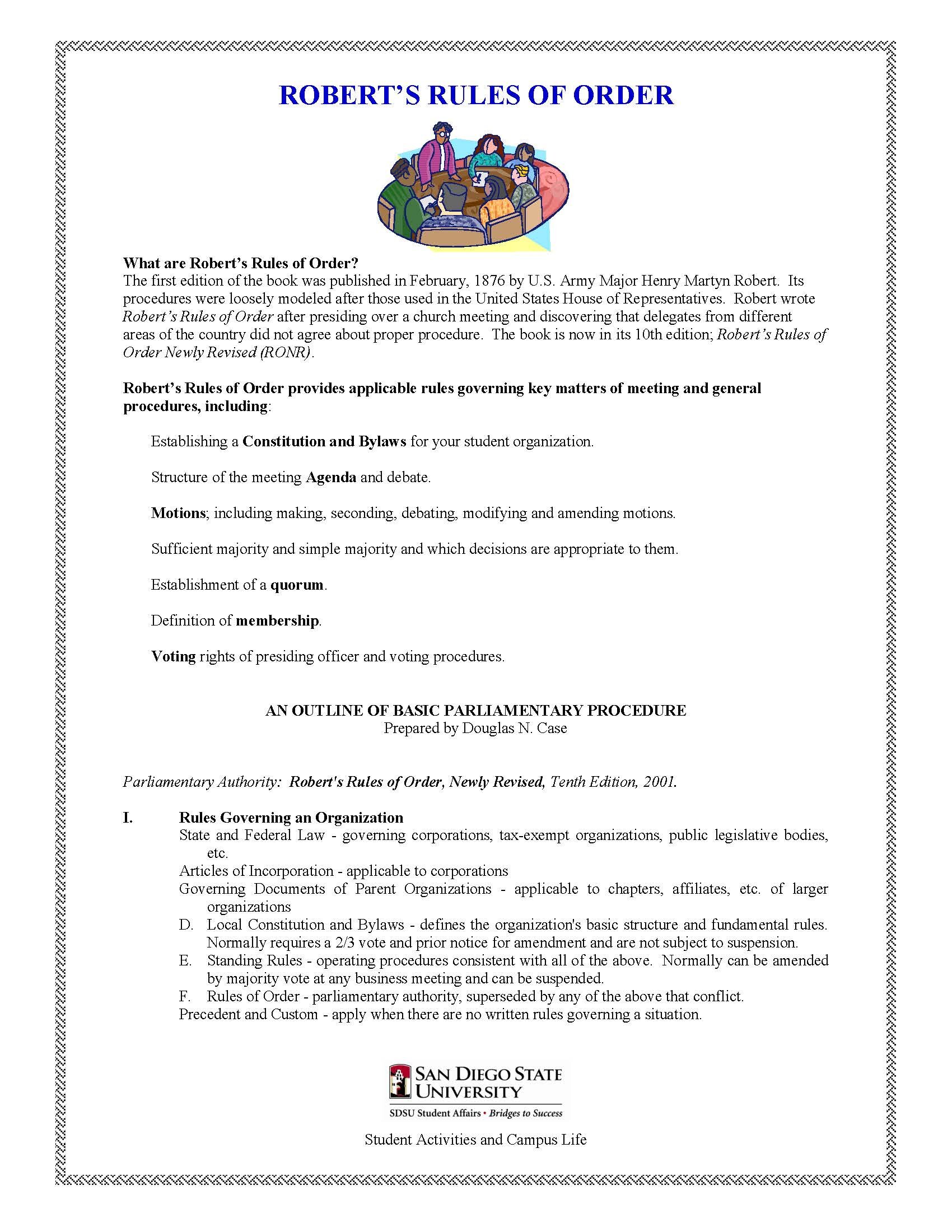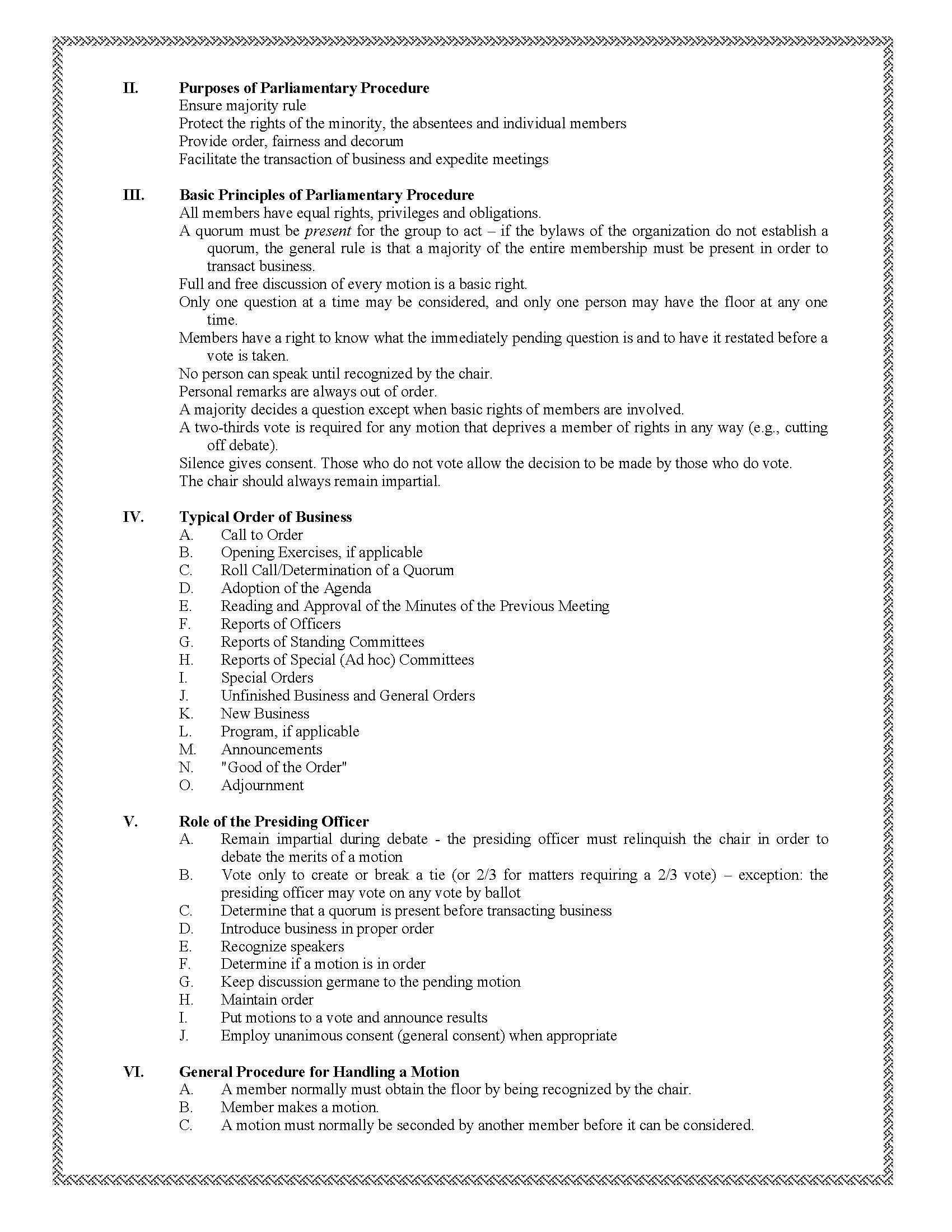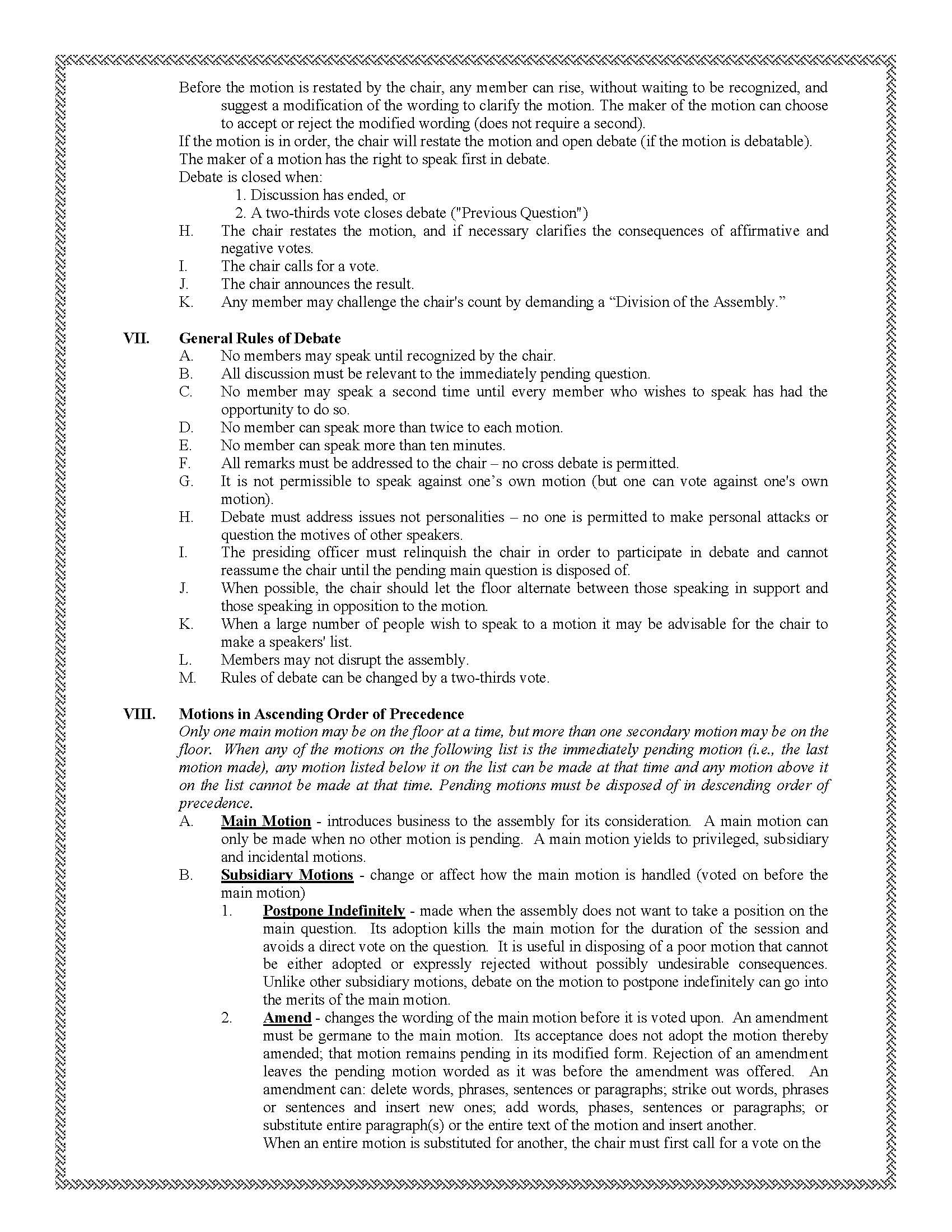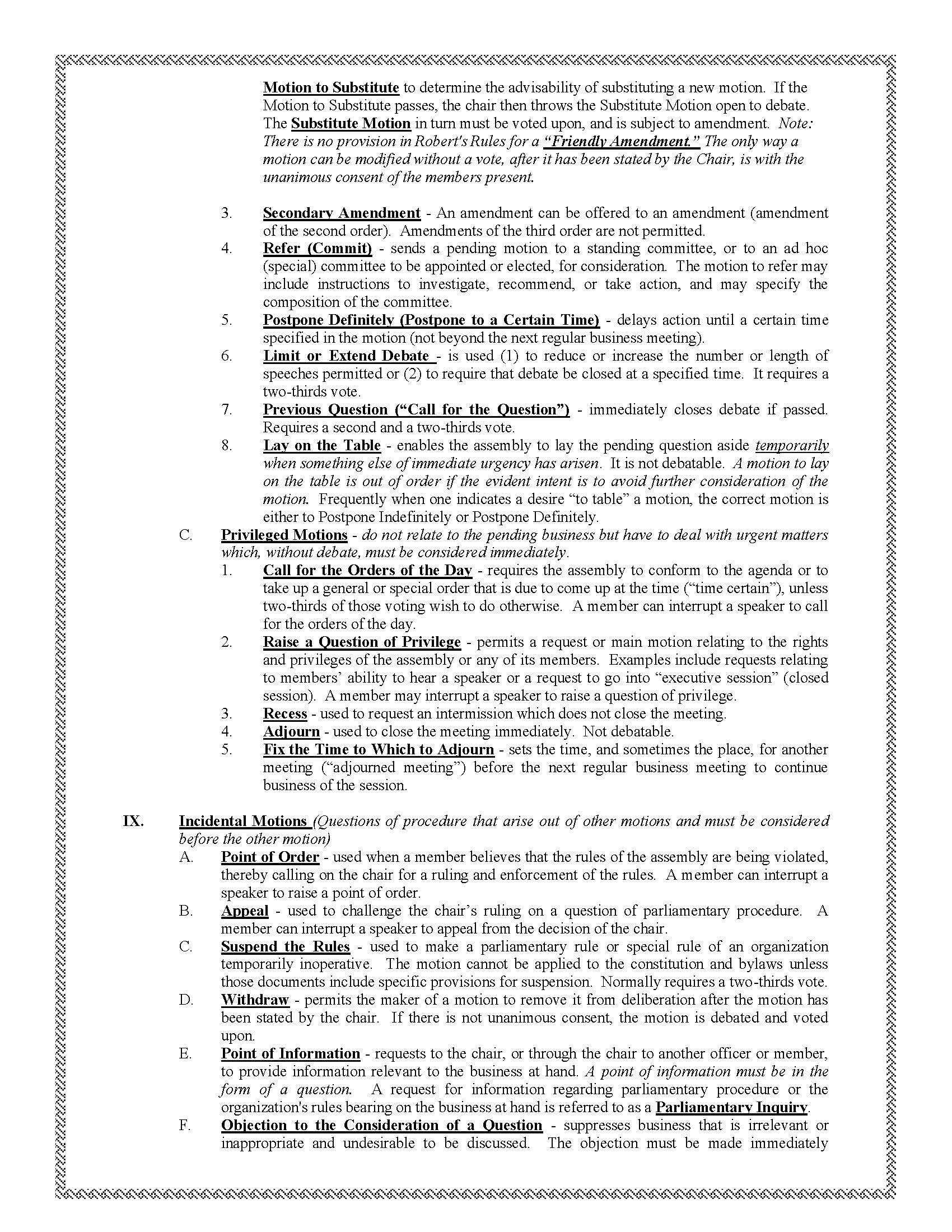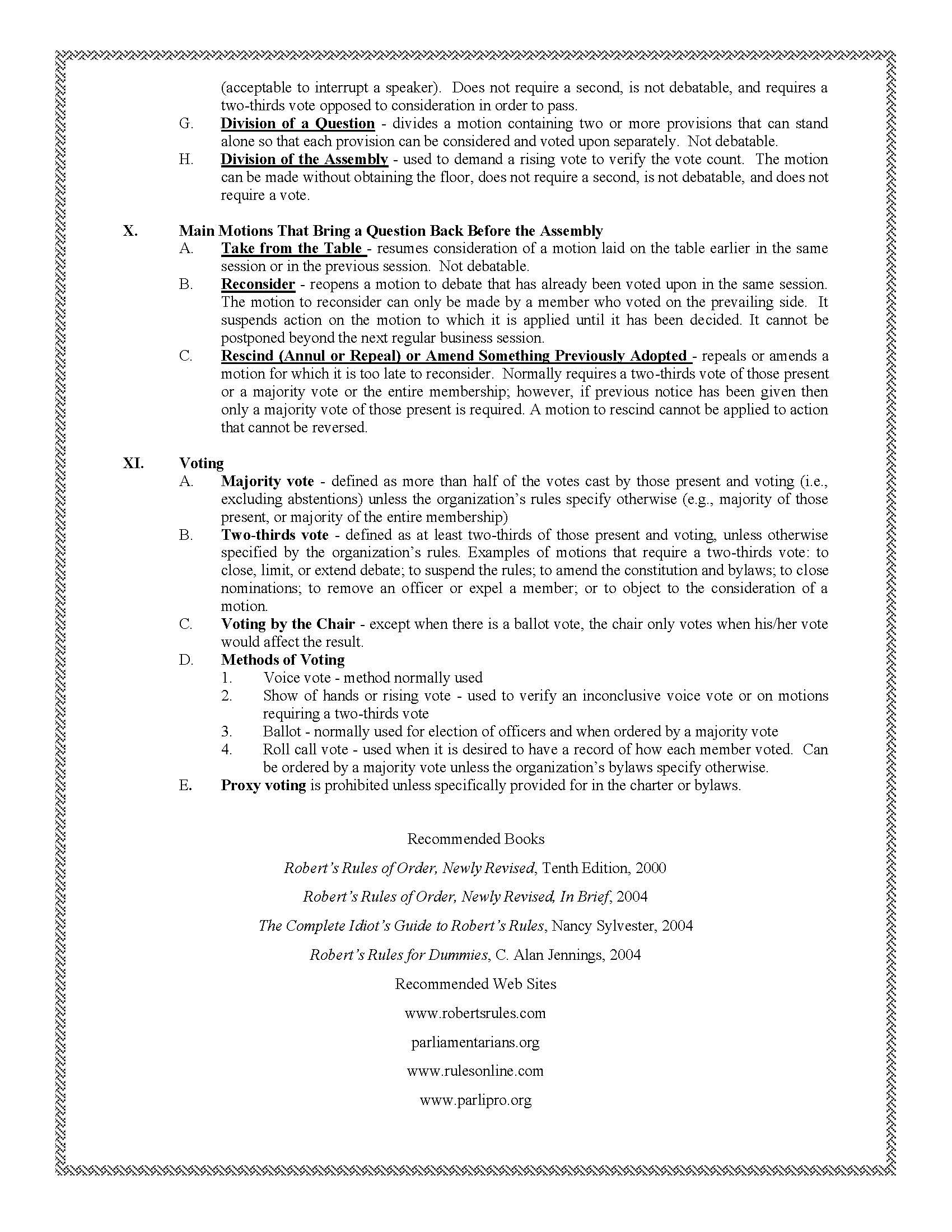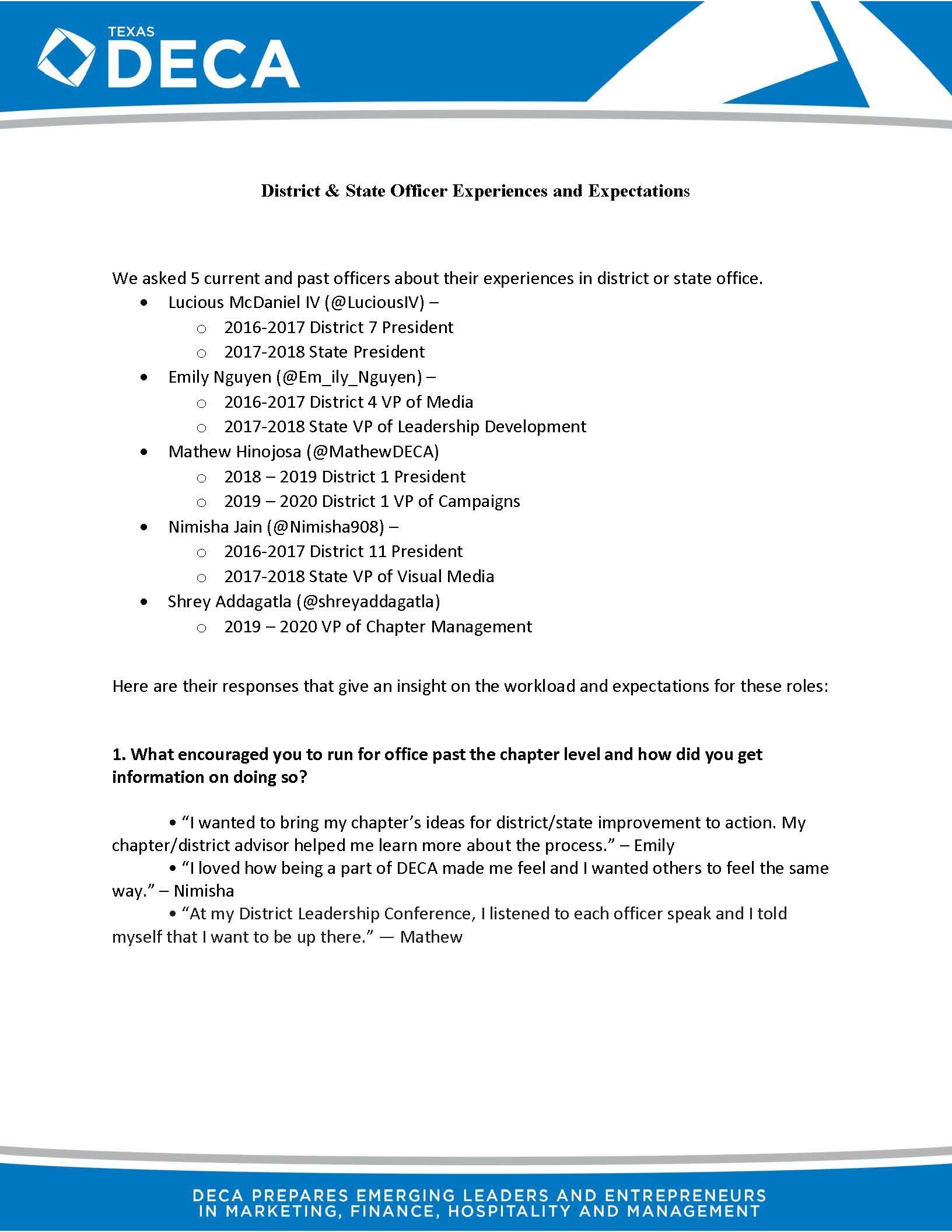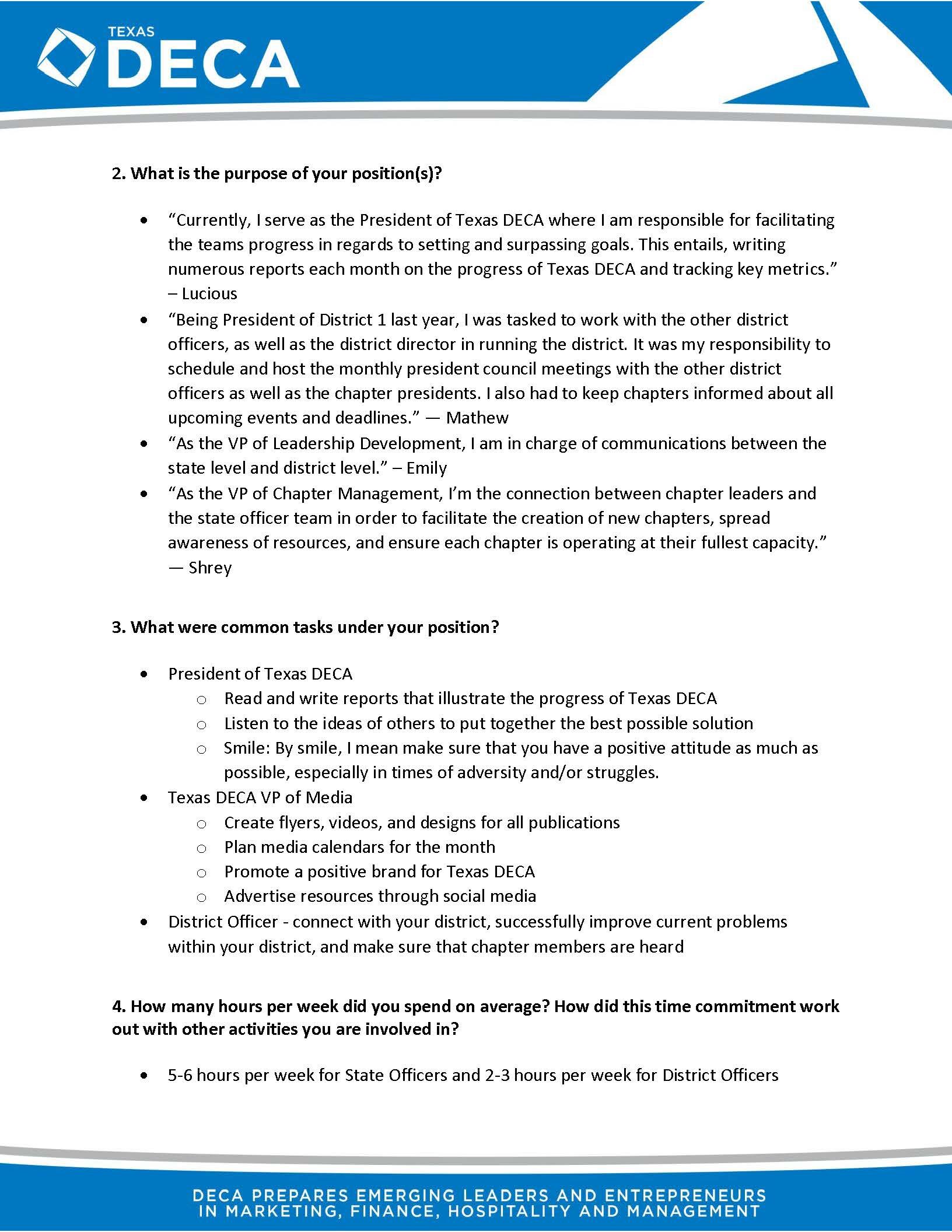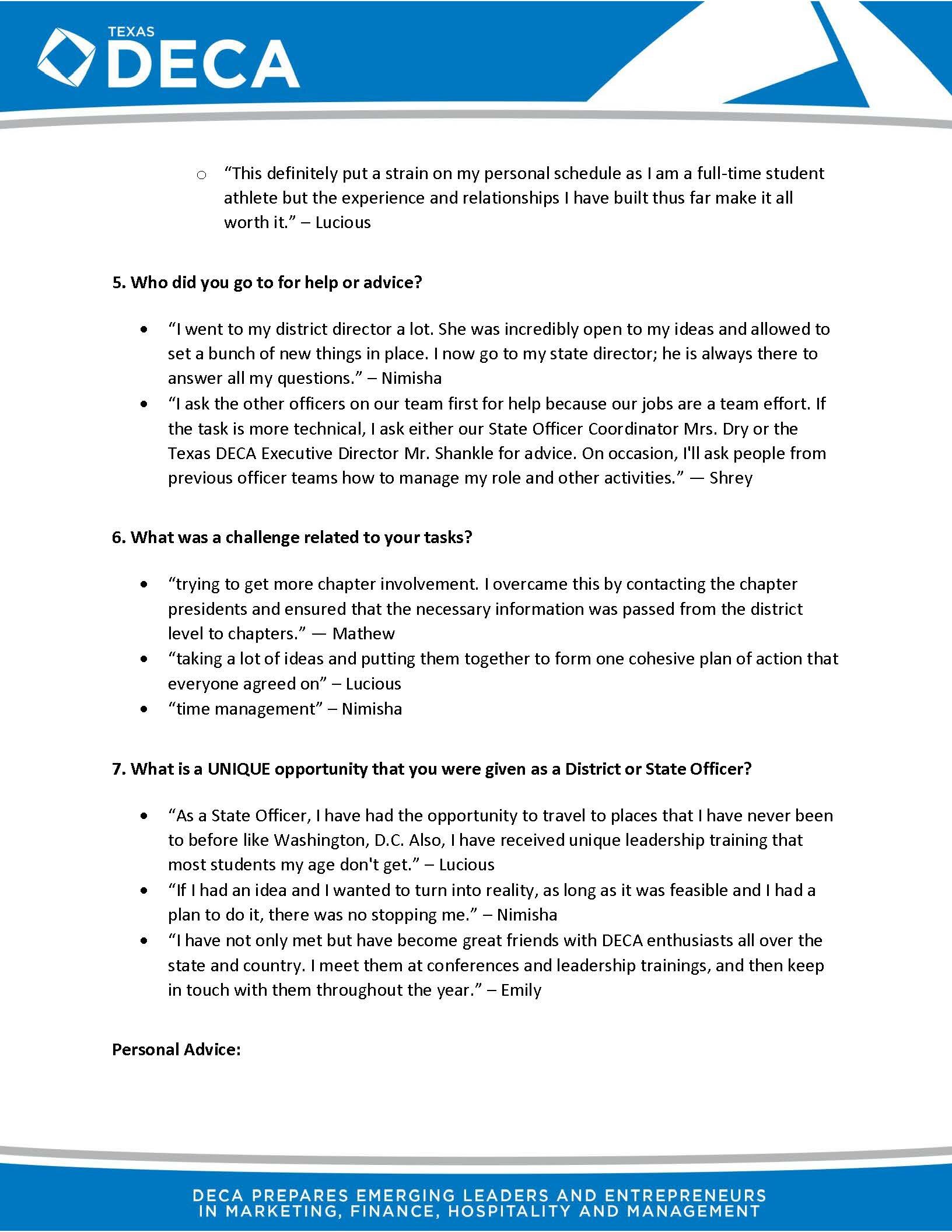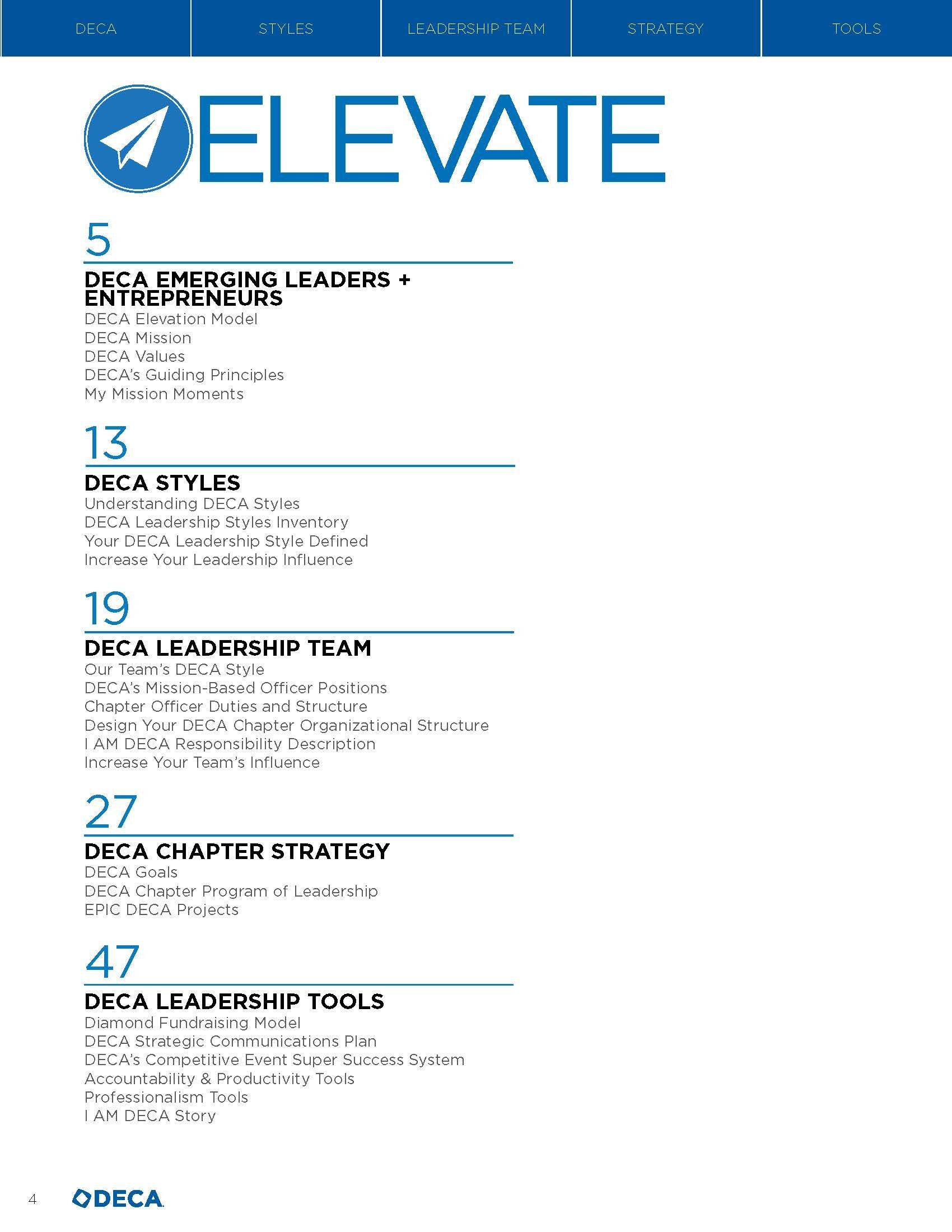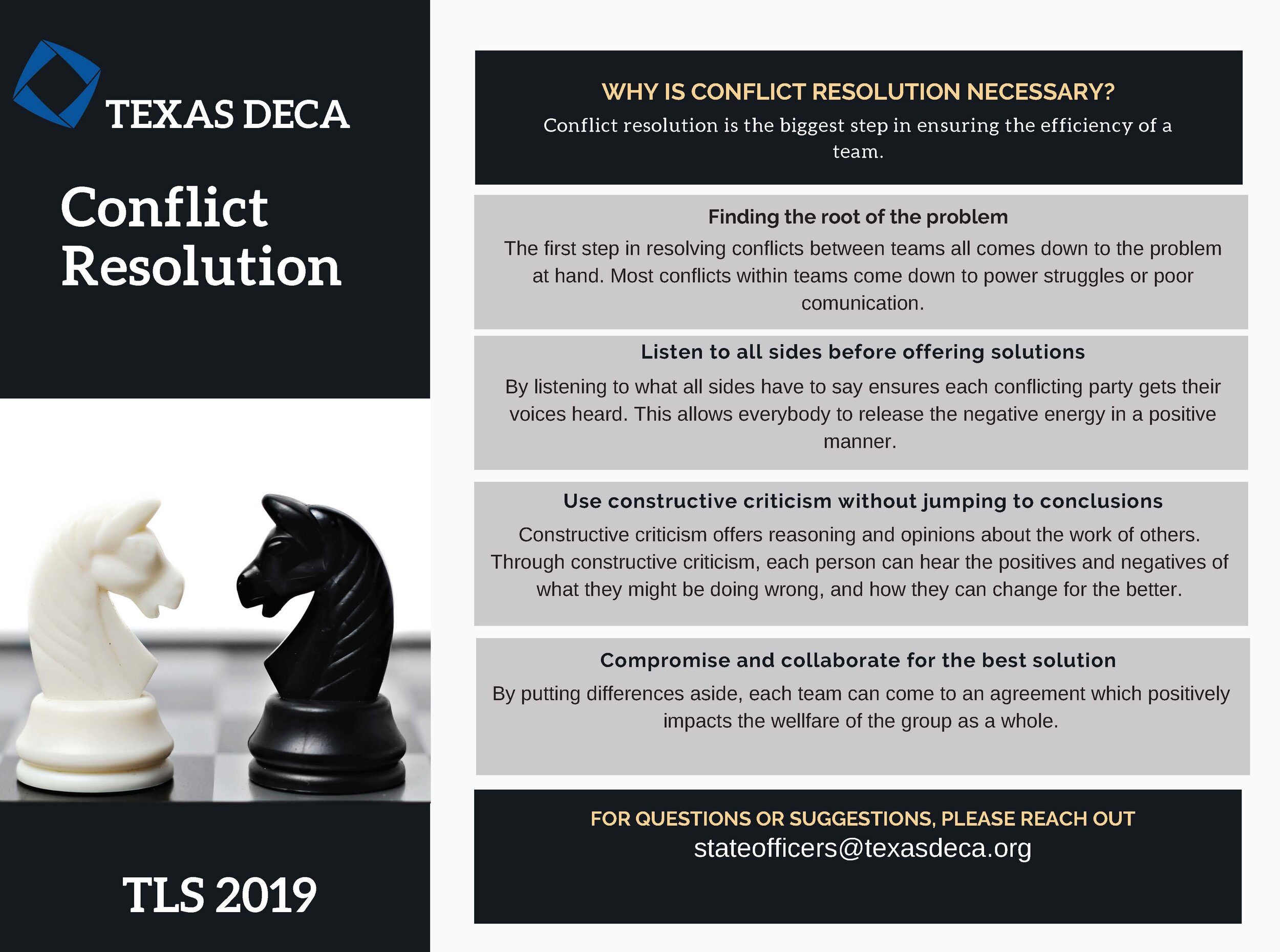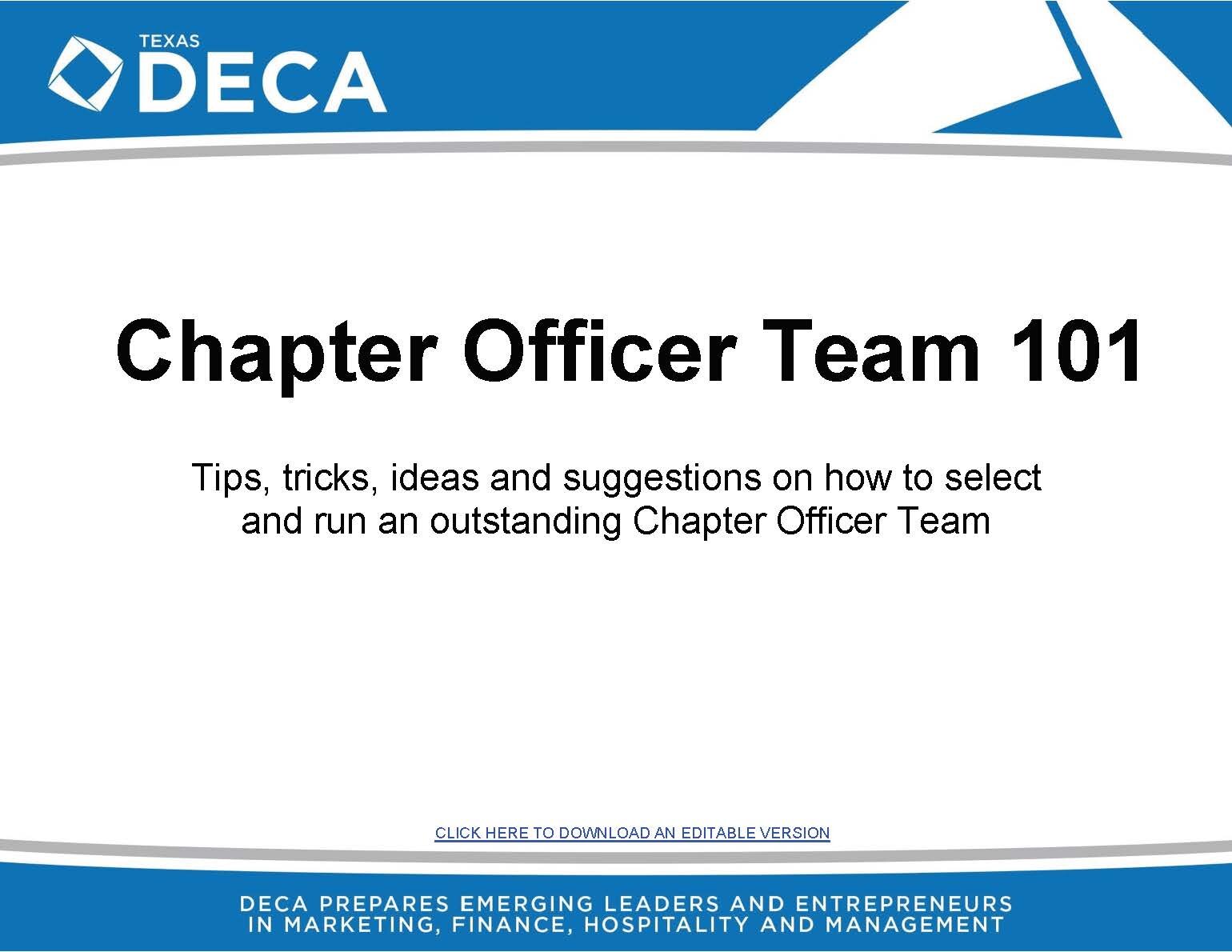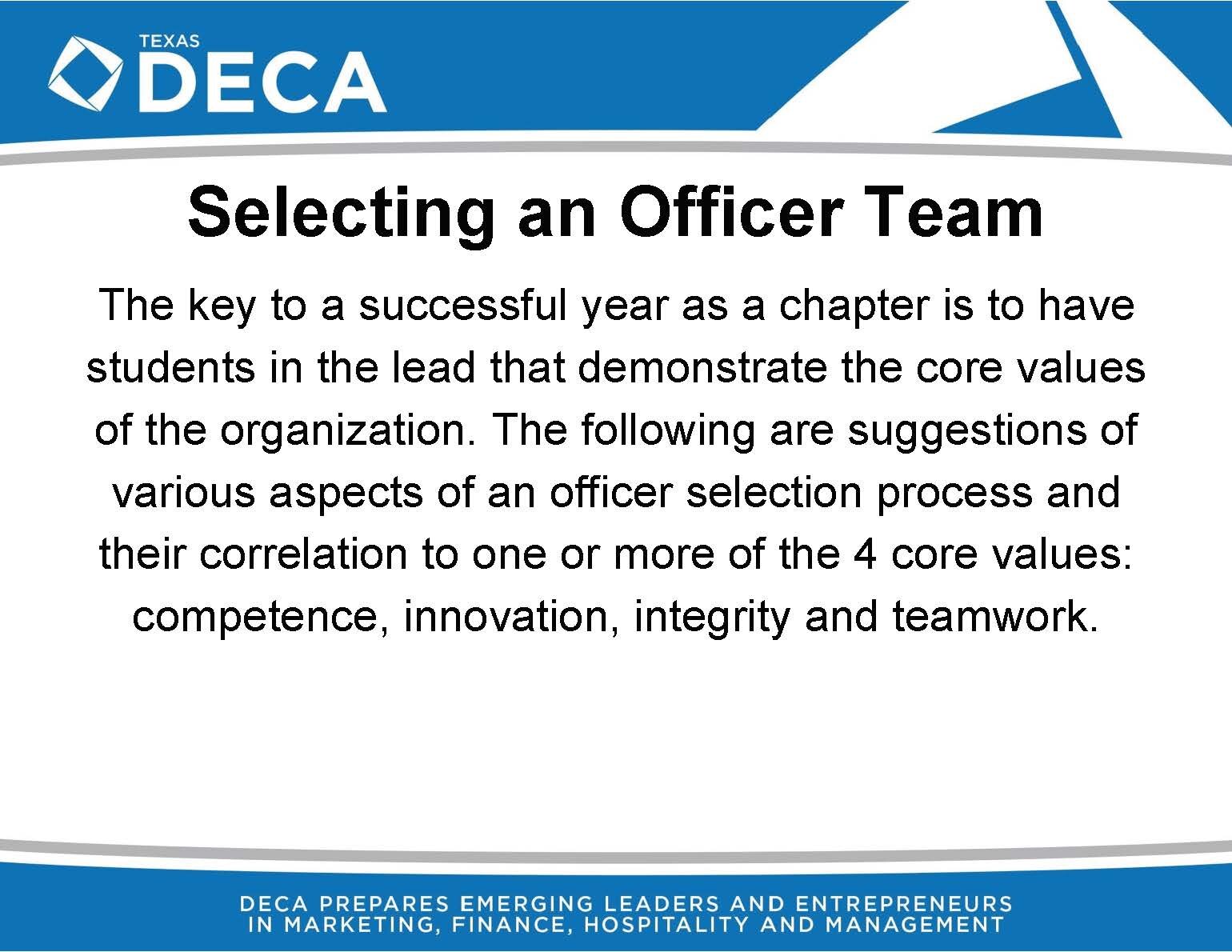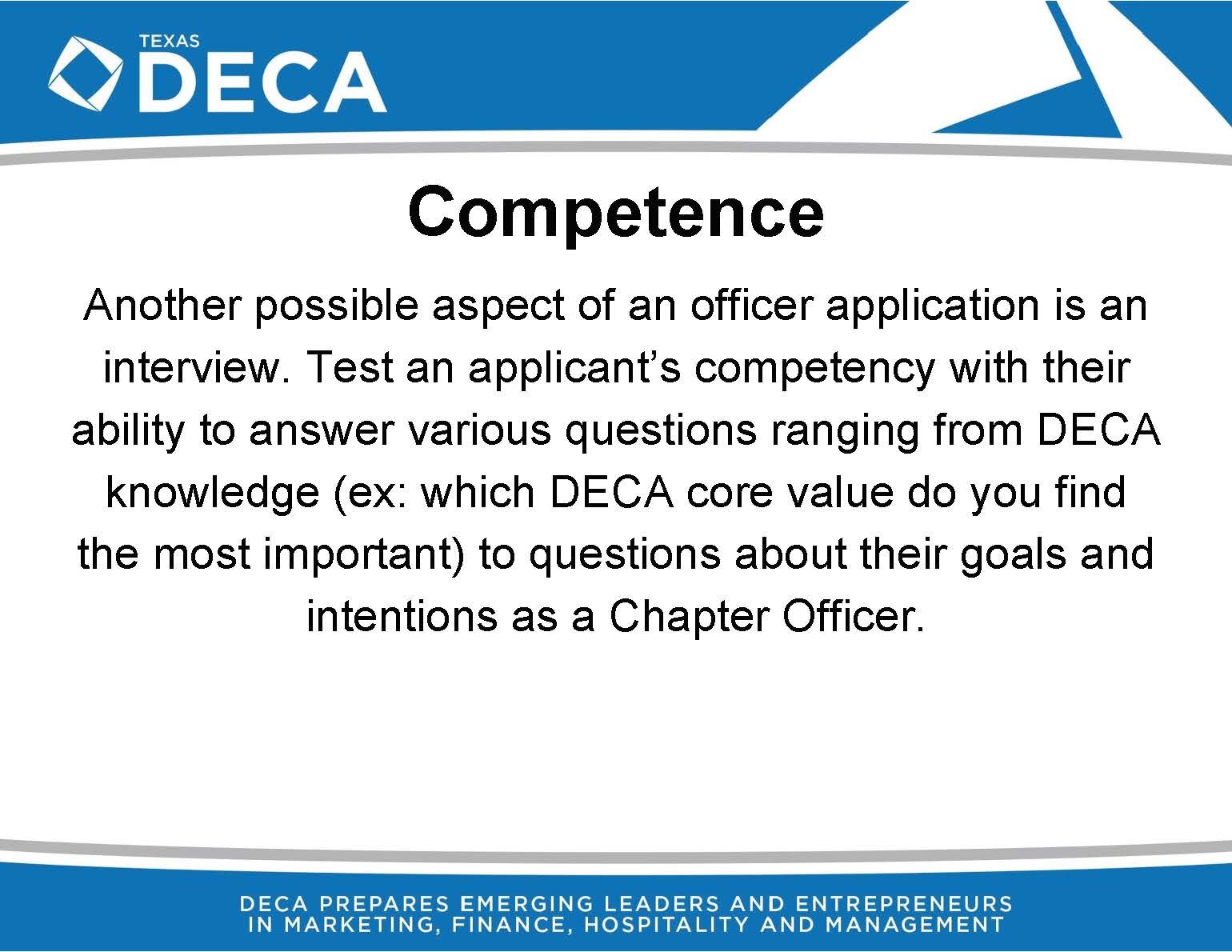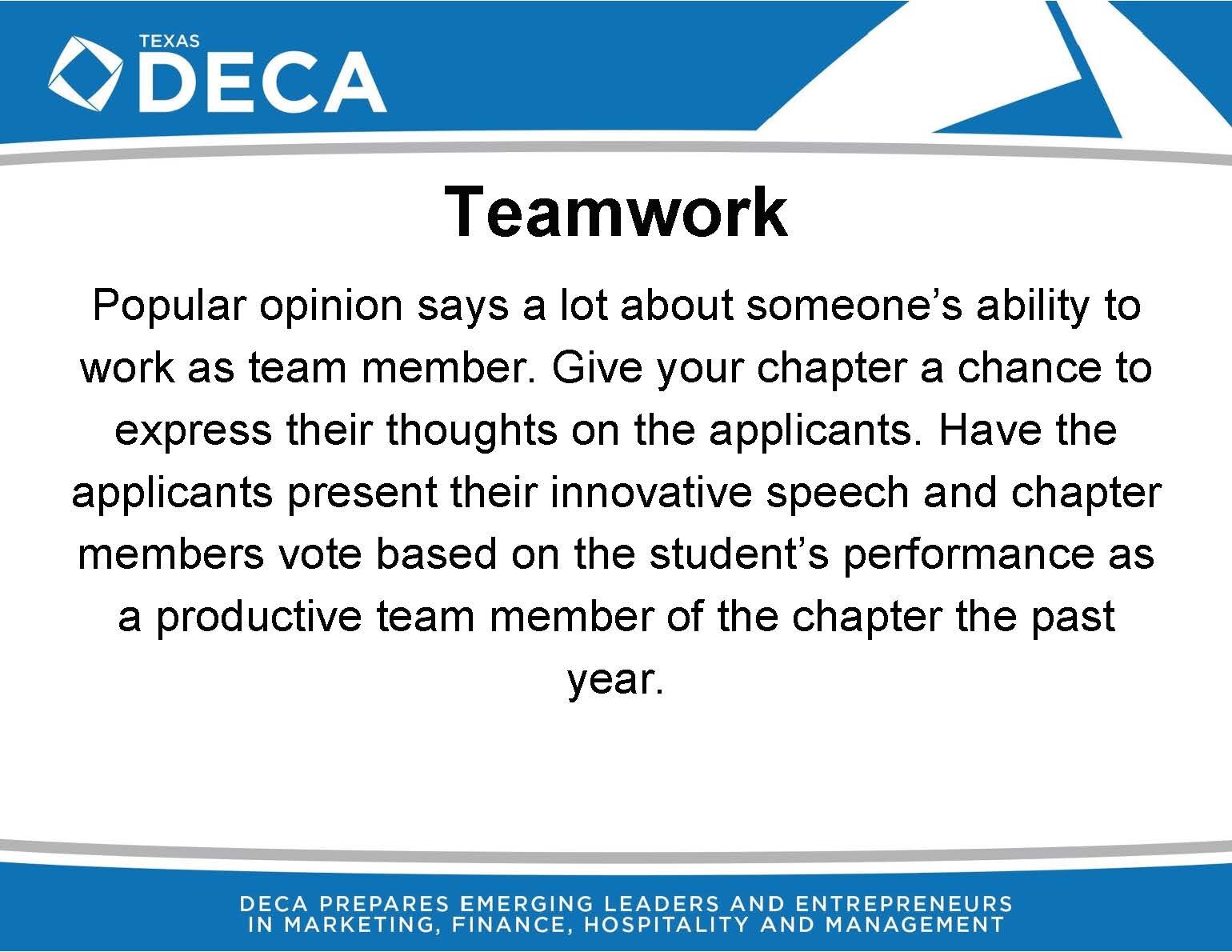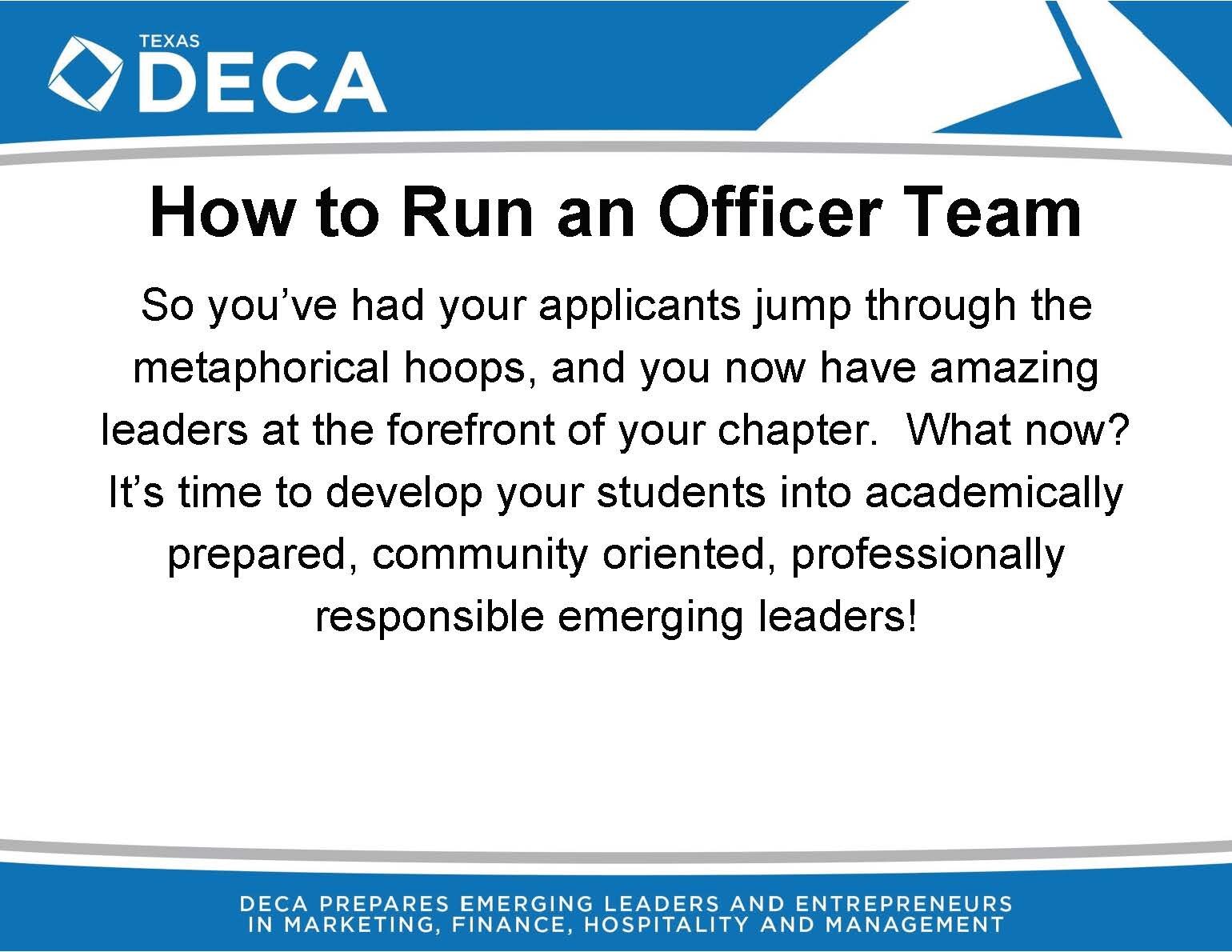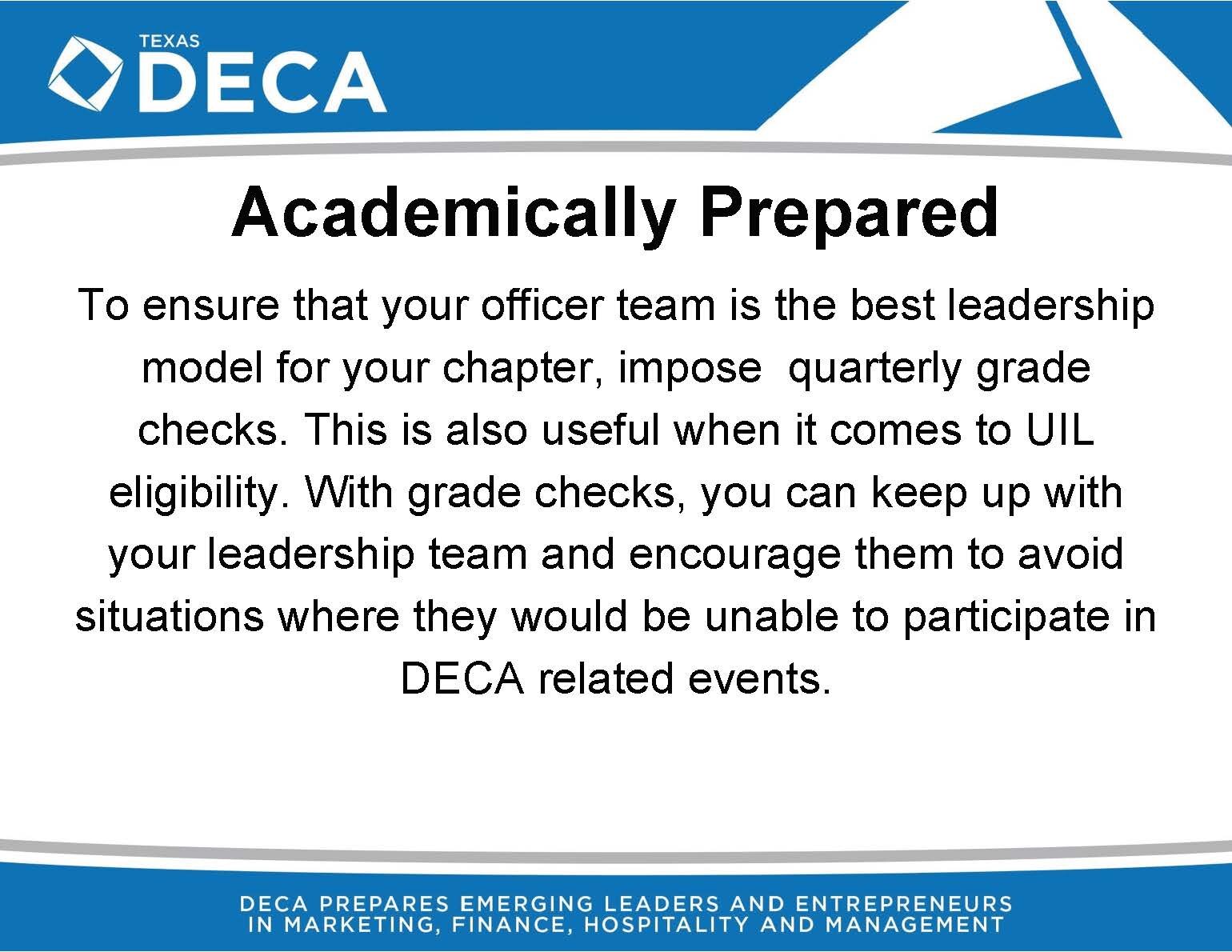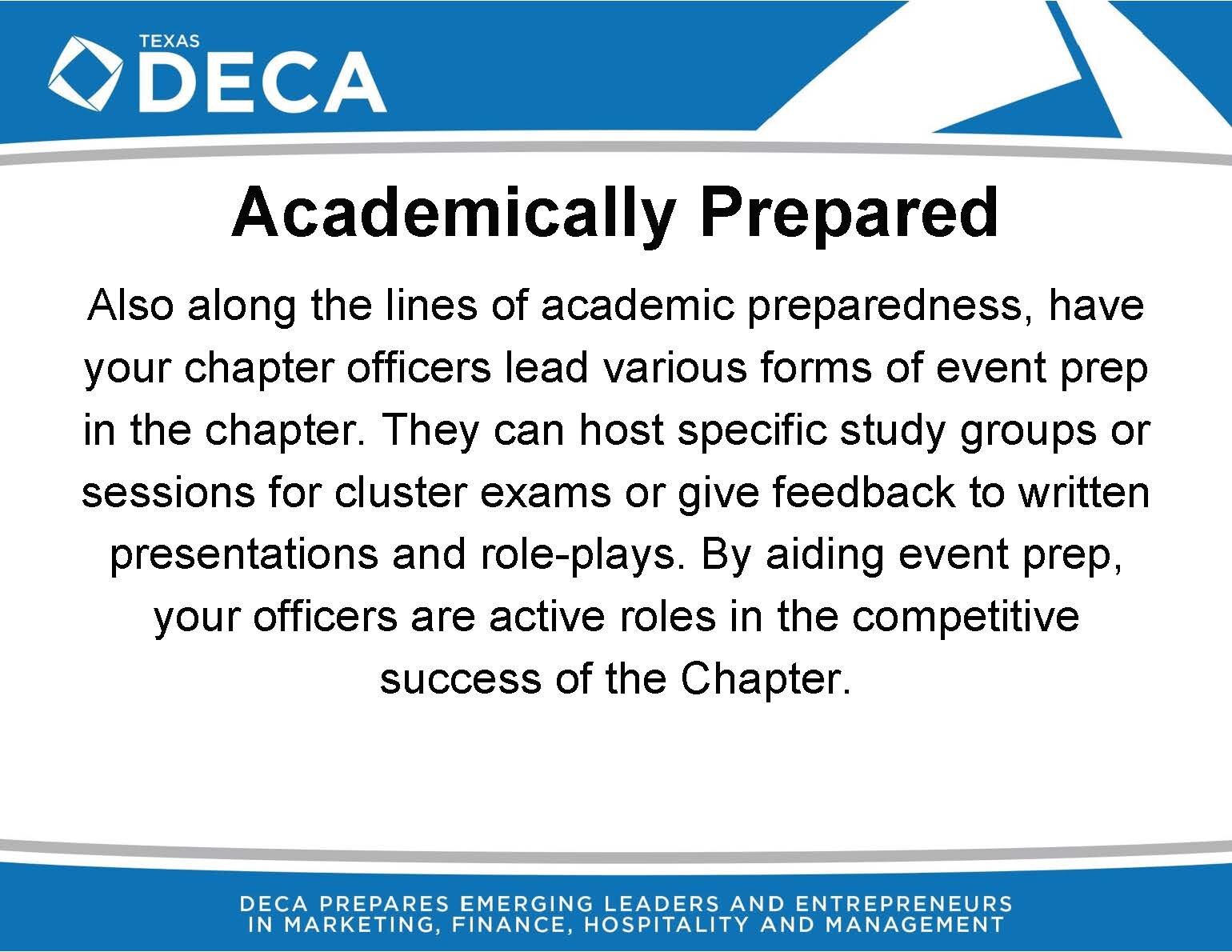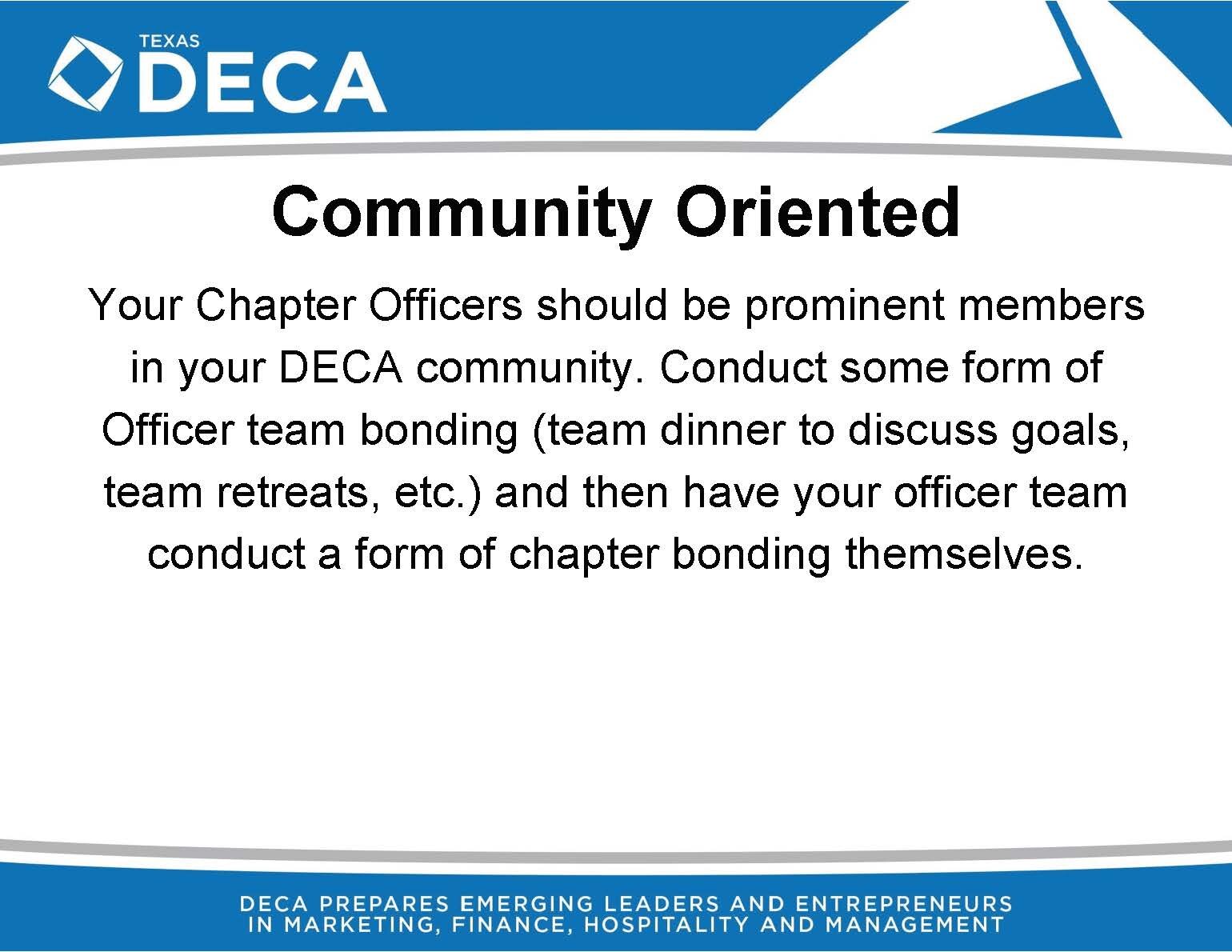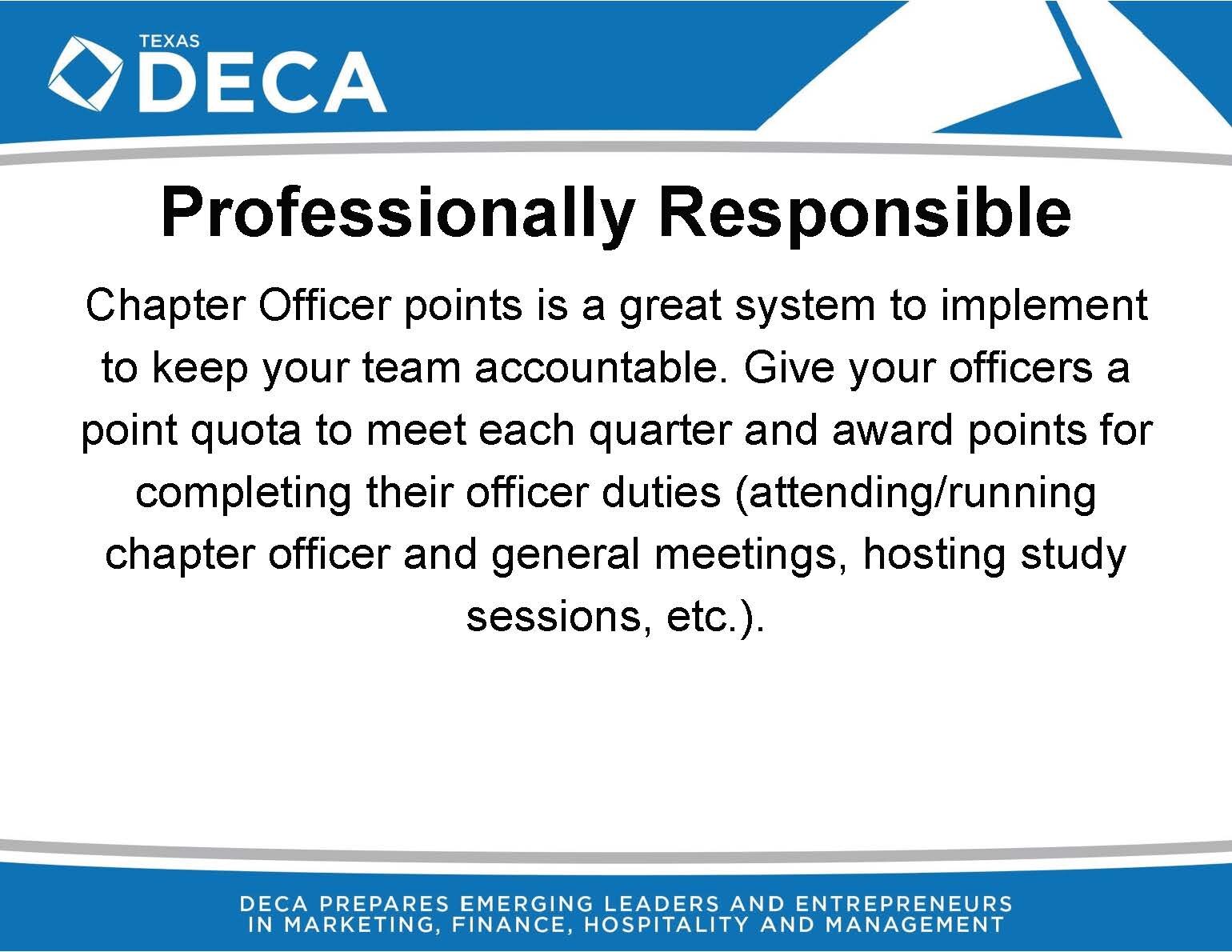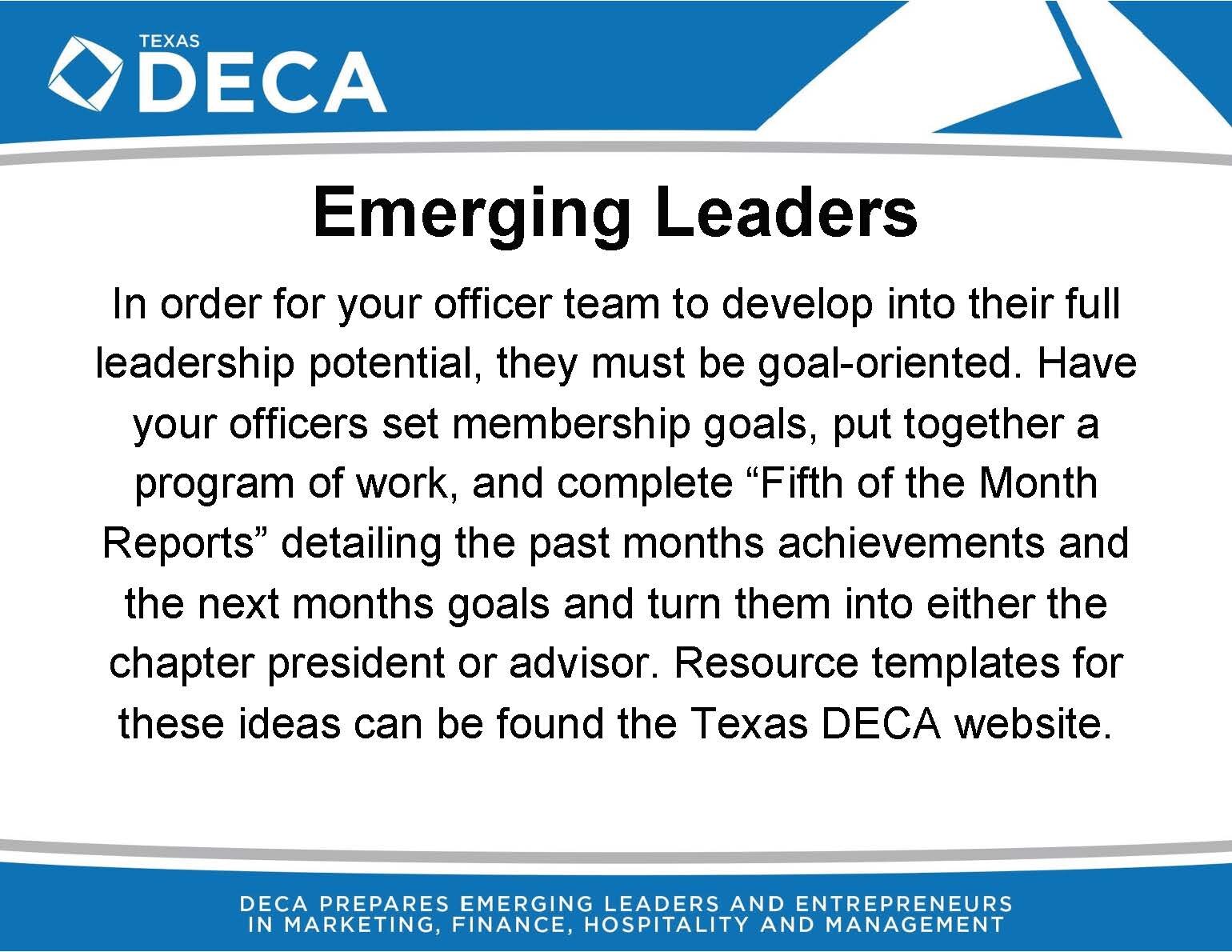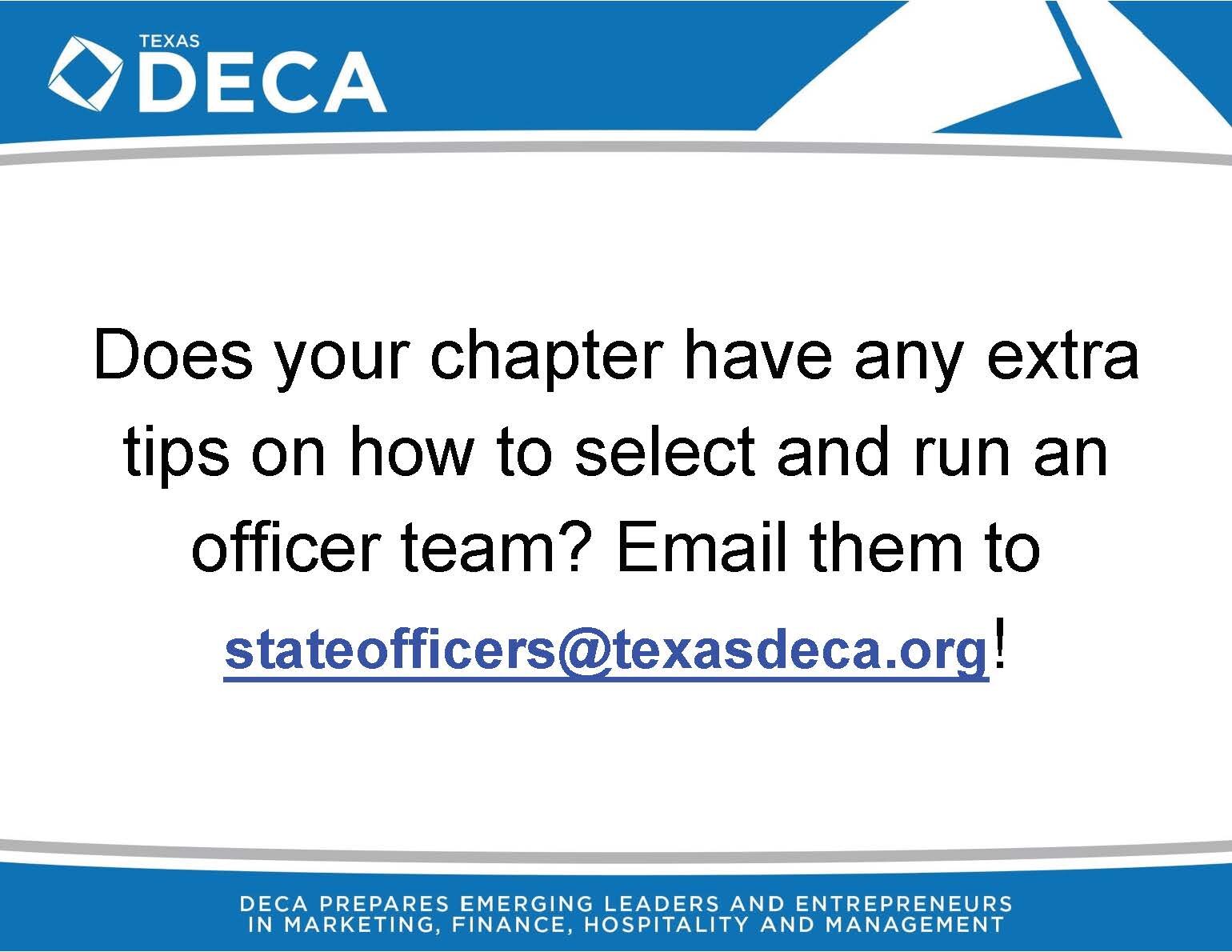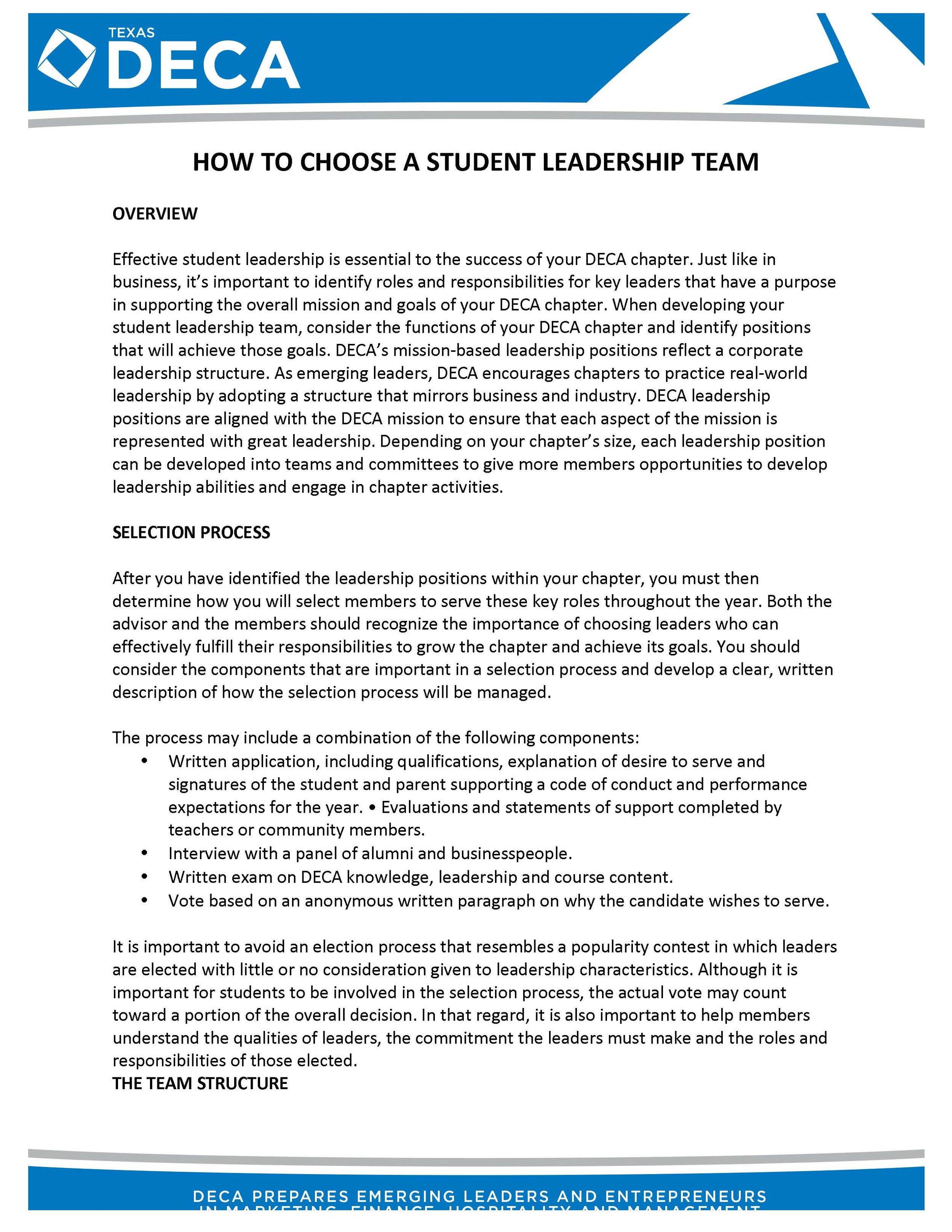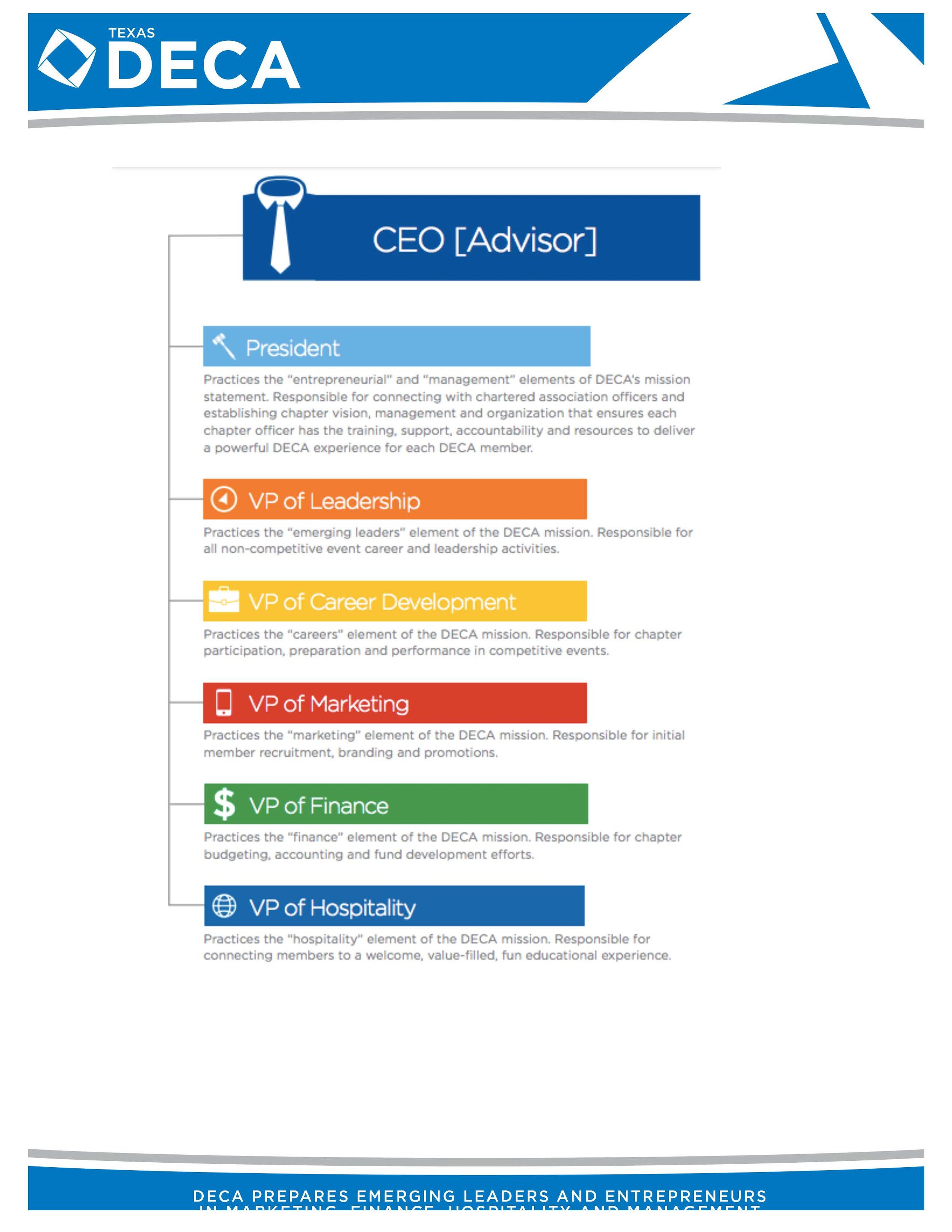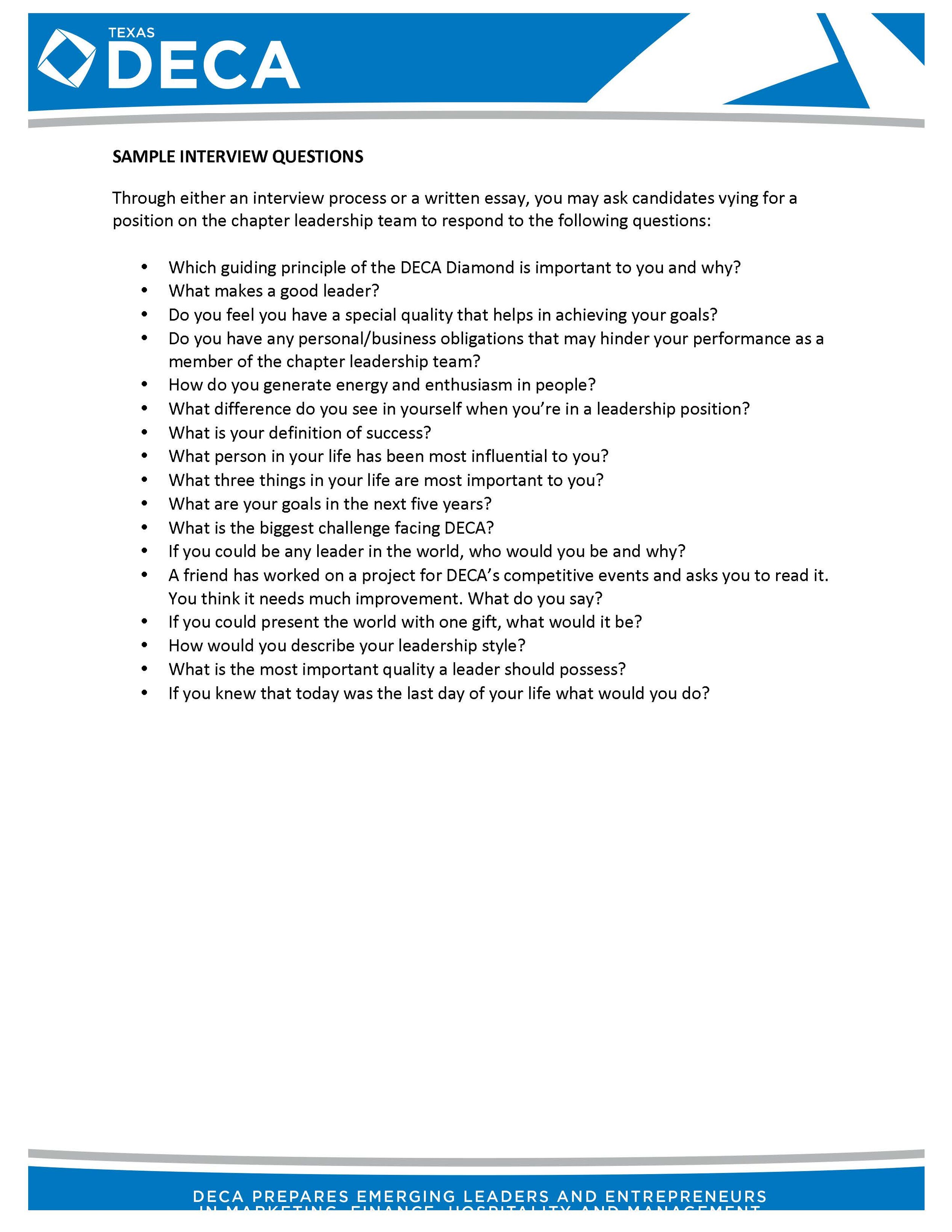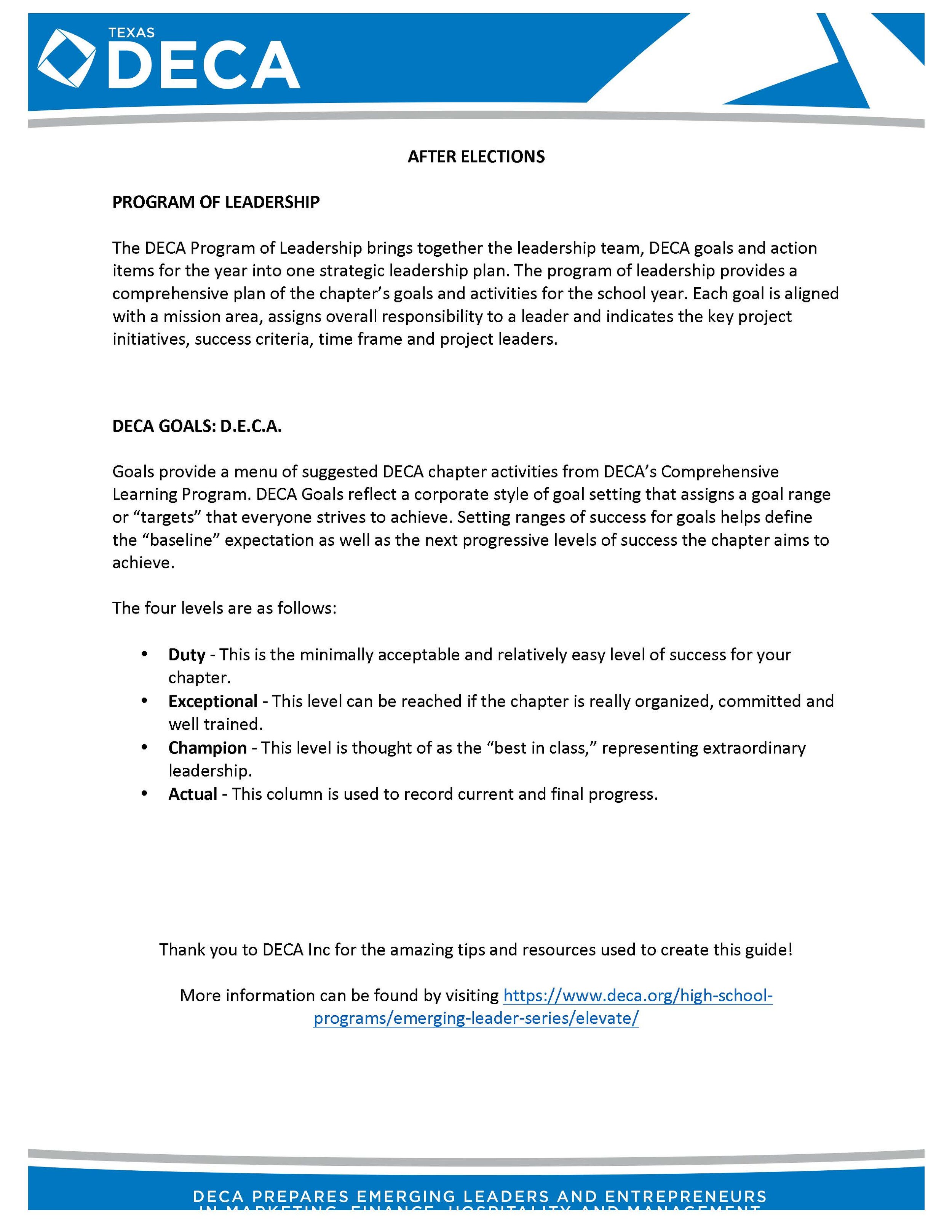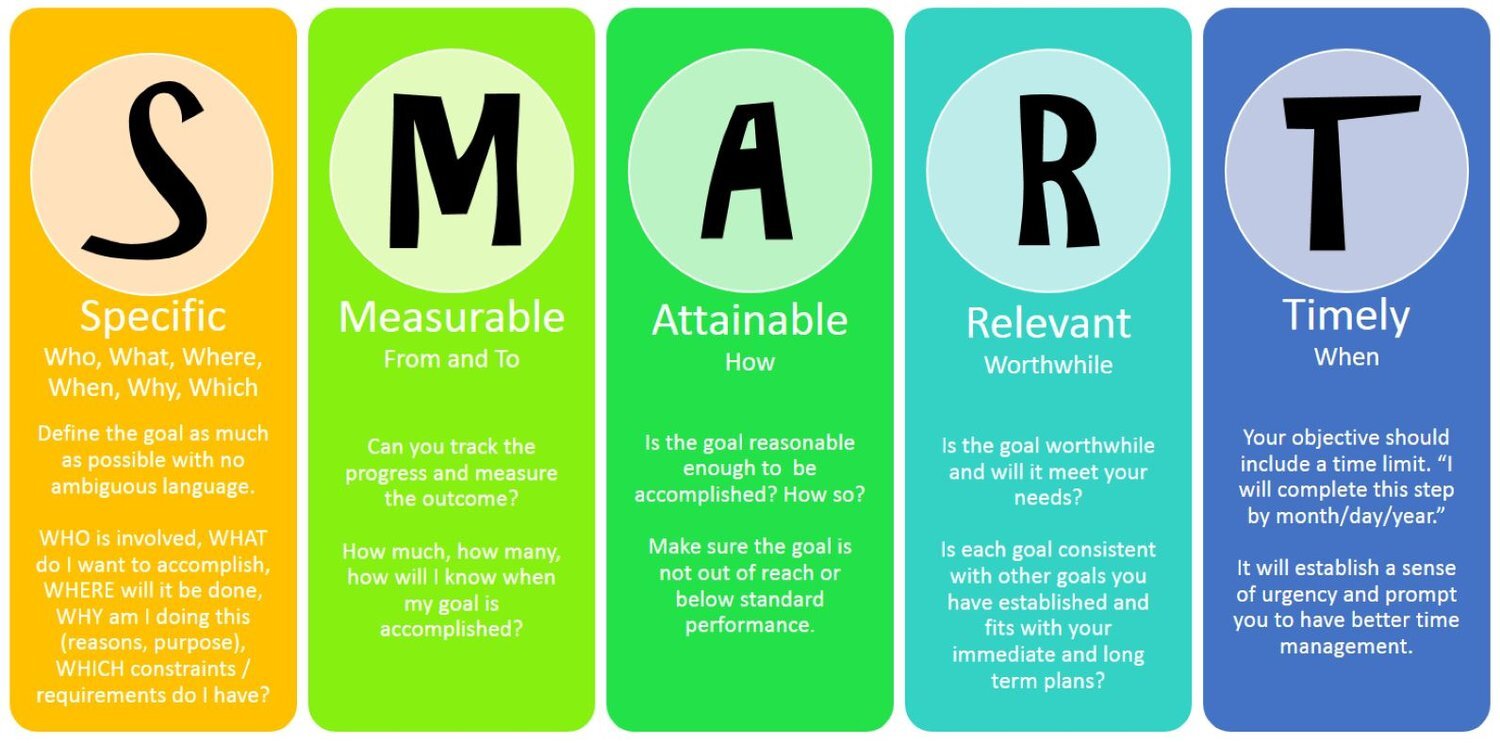Whether you are a young student or a seasoned professional, the importance of strong dining skills stands. How well you conduct yourself at the dining table with the pressure of a mouthful of food hanging over your head may either positively or negatively affect the business decision or interview. Thus, the key is to know how to carry yourself in business dining situations beforehand in order to be prepared for anything that may fly your way. The following tips below will pinpoint areas crucial in dining etiquette.
Pre- Dining Etiquette
Punctuality is important. No one wants to be kept waiting, so be on time. If the delay happens to be unavoidable, take action and contact the person to let them know. However, keep in mind that encountering heavy traffic, construction or wrecks will happen, thus it is important to always leave early in order to set aside enough time to arrive promptly. Just as “DECA time” is arriving fifteen minutes prior to an event, arrive early to your business dinner or lunch.
I’m at the table, what do I do now?
If you are already seated, rise to greet the other person or people. Apply your positive body language skills and give the newly arrived person a firm, solid handshake. If you have just arrived, wait until you are invited to be seated or seat yourself after the host sits down. All bags, purses, briefcases and glasses should be kept off the table at all times and cell phones should be on silent and put away as well.
Table Setting
With a variety of table settings, the surest way to choose the right utensils is the follow the general guideline, “start on the outside and work your way in.” If there are two forks of the same or different sizes (one for the salad, the other for the main course), always start with the outermost fork. Your drink will always be on the right side above your knife and soup spoon as well. The bread plate will always be placed on the left side above your forks. To recall the placement order, remember the acronym BMW, B for bread on the left, M for meal in the center and W for water (or beverage) on the right. Keep in mind the BMW as it will help you remember which water glass is yours and prevent you from harming your professional image by making the mistake of drinking from a client’s or interviewer’s water glass.
It’s time to order, what should I pick?
A good rule of thumb is to follow the lead of the host. Order simply and do not customize your order excessively as negative attention is then attracted to you. Select an item that is mid-price, easy to eat and enjoyable. It is highly recommended to stay away from messy or difficult meals such as barbecue ribs, spaghetti or lobster.
Eating
As the meals are getting served, wait for everyone to receive their order, and for the host to begin eating before starting in on your meal. While you are eating, take small bites and do not talk with your mouth full. Try a little of everything on your plate unless you have a food allergy. You will present yourself as unsophisticated and juvenile if you eat only your steak and potatoes, pushing your peas and carrots away. Pace yourself throughout the meal in order to finish in time with everyone else; however, this does not mean eating at the speed of light or as slow as a snail.
What do I do if I have to leave the table?
When leaving the table during the meal, excuse yourself politely, place your napkin next to your plate and push the chair back under the table. It is not important to announce where you are going, or what you will be doing when you get there.
Lets Talk Business!
Use the business meal as an opportunity to build a relationship. People do business with people they trust. Employers hire those they feel will represent their company in the best possible light. This meeting is a great opportunity to showcase your professional knowledge, strong communication skills and attention to detail. Taking the time and making the effort to hone your dining skills is an investment in your business success.
More General Etiquette Tips
A cough or a sneeze should be directed into your left shoulder, shielded by your left hand. This will keep your right hand germ-free. Avoid using your napkin as a tissue.
If an accident at the table occurs, handle it and move on. Ask for assistance from your server, but do not give the situation more attention than it deserves. It is best to simply deal with it as efficiently as possible. Remember, accidents do happen!
If you drop a utensil, let it stay on the floor. Move it out of the way so other restaurant guests will not hurt themselves. Signal your server for another fork and encourage your guest to continue eating.
When asked to pass the salt, always pass the pepper as well. Pepper and salt are married together and should stay that way.
Cultural courtesy is a big aspect of business in today’s world. If you are in another country or going to dine with a businessman coming from a foreign country, make sure to research their country’s culture and customs.
As you go to business lunches, dinners or interviews, keep these etiquette tips in mind. They are highly importance and will come into great help during dining situations. Now that you are prepared, best of luck to you!
BY: SOPHIA DING




